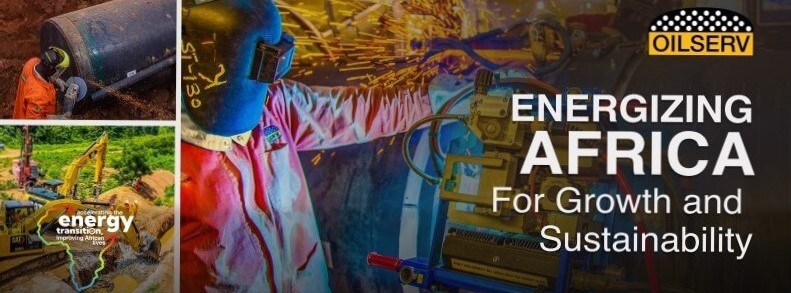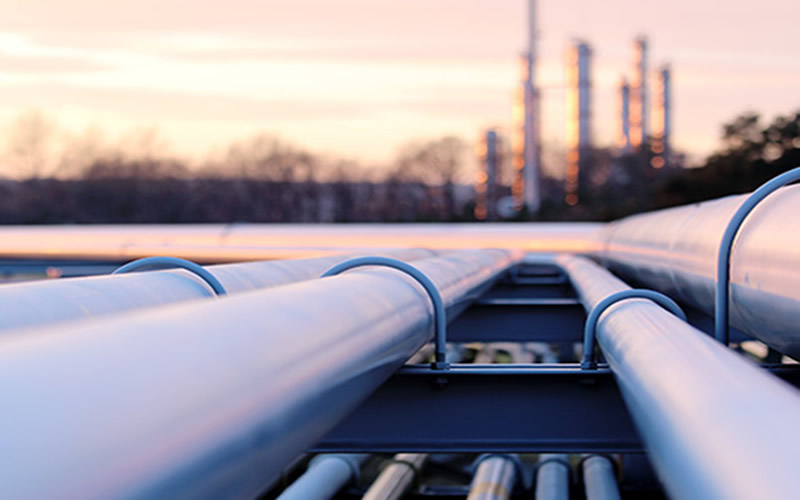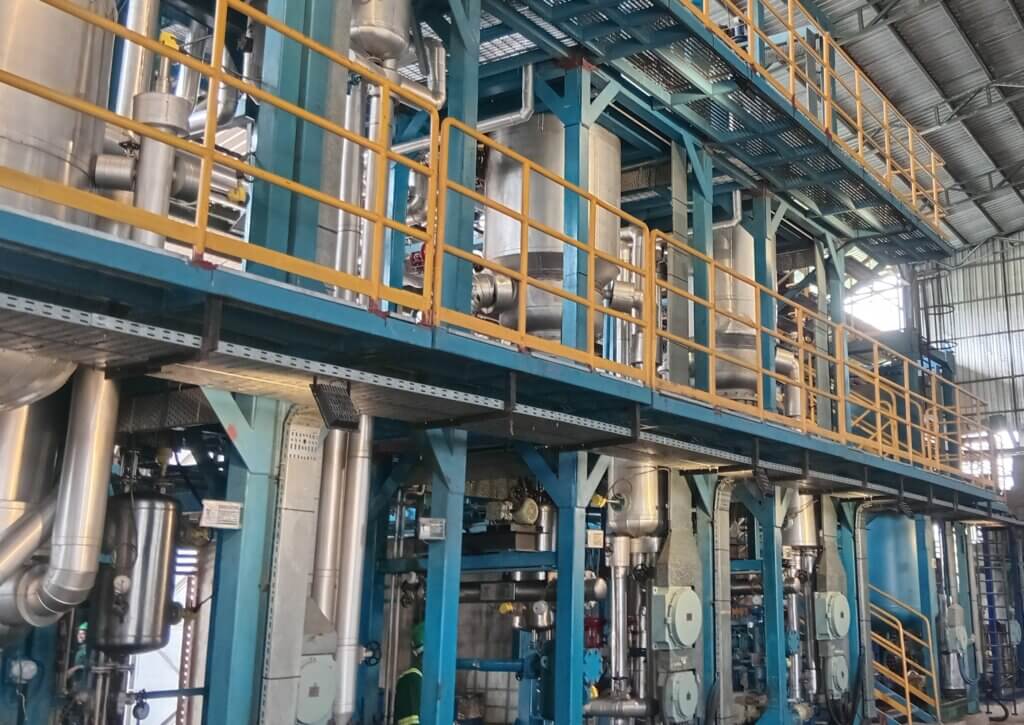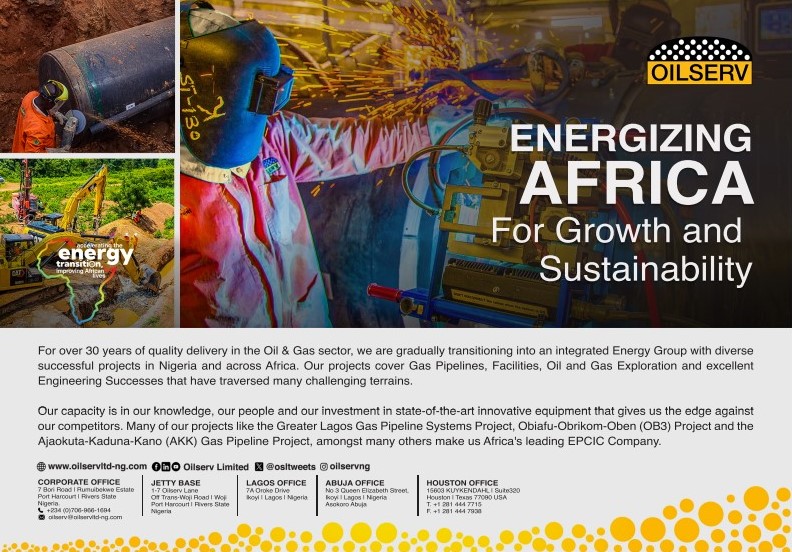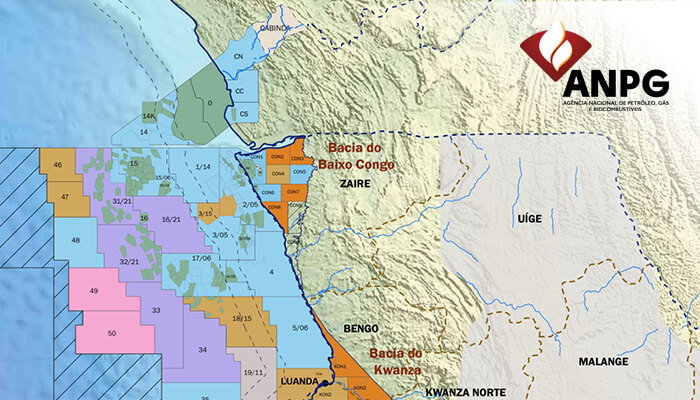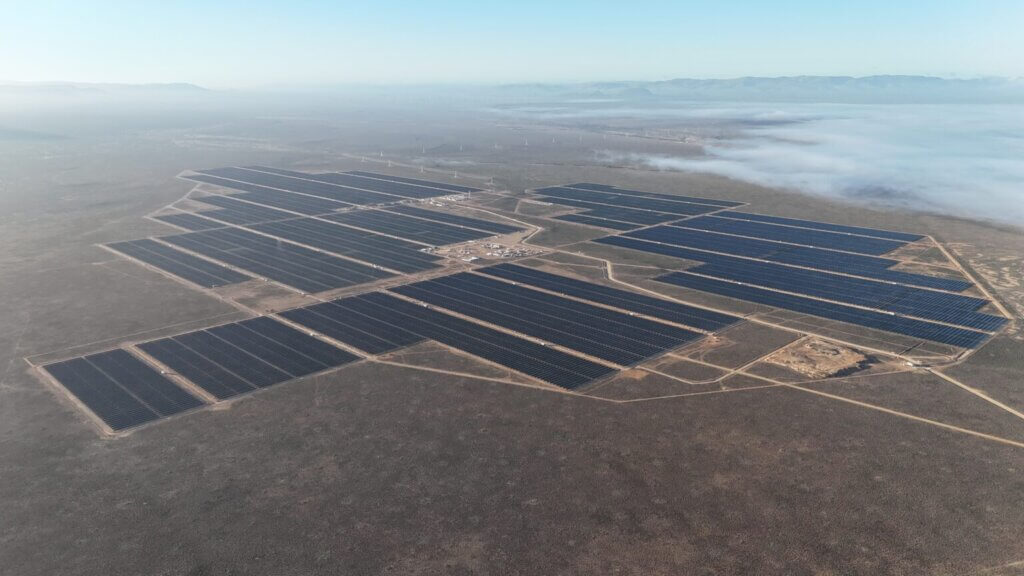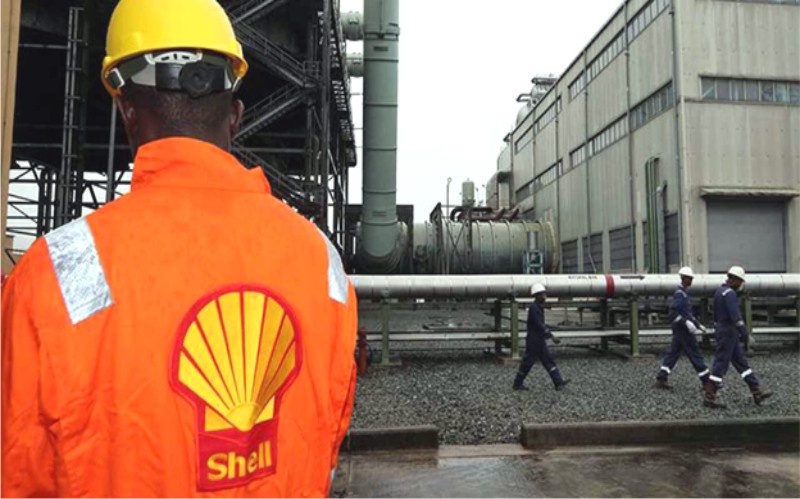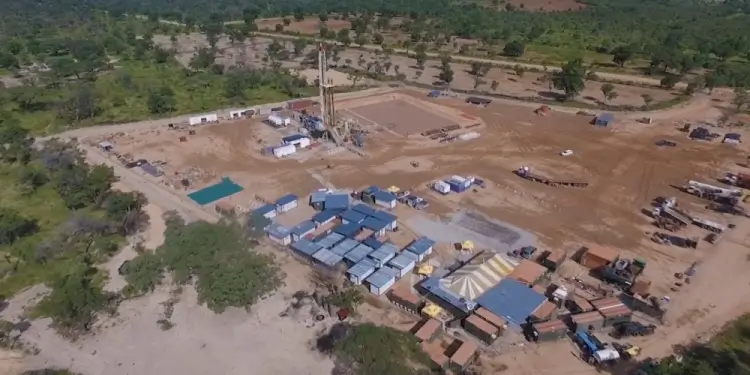
President-elect Donald Trump’s plan to place a 25% tariff on energy projects could drive up prices for refiners and customers, while also hurting the Canadian oil market. President-elect Donald Trump has rocked the oil industry recently when he announced plans to implement a 25% tariff on all goods from Canada and Mexico. Energy products would not be exempt from such tariffs, Jarrett Renshaw reported.
While some believe this threat is more of a negotiating tactic for Trump rather than a real concern, such levies would have a major impact on North American energy markets, driving up prices for refiners in the U.S. Midwest and potentially hitting differentials for Canadian oil.
The U.S. imported some 5.2 million barrels of crude and petroleum products per day (bpd) from Canada and Mexico in 2024, with more than 4 million of that from Canada, data from U.S. government’s statistics arm showed.
Refiners in the Midwest rely heavily on that Canadian crude. Their facilities are configured to run heavier oil grades – like that coming in from Mexico and Canada. About 70% of the crude coming in from Canada is run by Midwest refiners.
Such tariffs could have a major financial impact on these companies, which are already facing tighter margins, as well as consumer prices at the pump. Right now Western Canadian Select is trading around $12 a barrel under U.S. West Texas Intermediate. Canadian crude would likely face a steep discount in order to price into the United States.
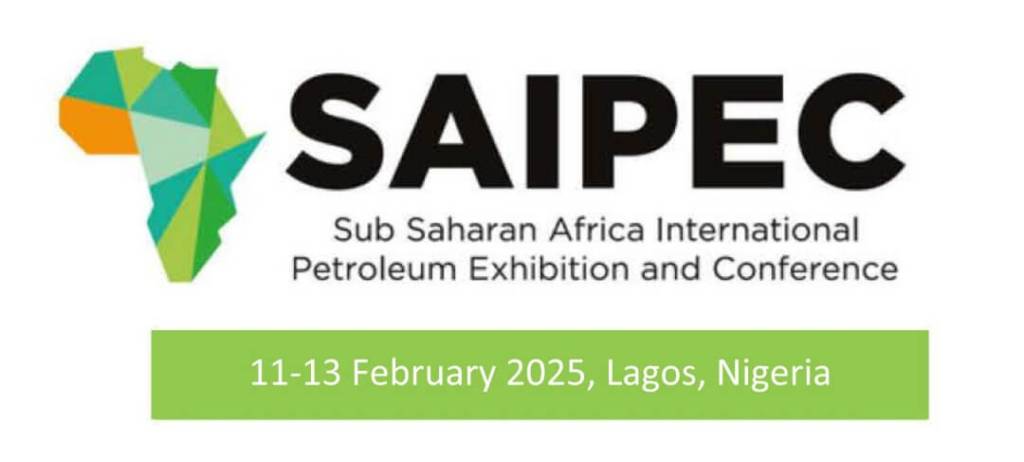
This might create a real “winners and losers” situation for some Canadian oil companies. Those firms with space on pipelines that can get them to export markets – like the expanded Trans Mountain Pipeline (TMX) – would be in the best position to ride out this policy shift.
Here are a couple of interesting graphics on U.S. refiner imports from Mexico and Canada.
Some Canadian crude brought into the United States is re-exported, and it is not yet clear how such tariffs would impact those flows. In June, shortly after the expanded TMX began operations, those averaged around 150,000 bpd.
Last week, oil and gas lobbying groups said they were wary of the plan to impose tariffs.
Trump has lots of complicated promises when it comes to the U.S. oil industry, including low energy costs for consumers and a pledge to “drill, baby, drill.”
Of course, U.S. presidents cannot determine the price of a global commodity like oil. And producers – not the government – will decide whether to increase their output. While he has been an outspoken supporter of the industry, the impact his policies will have on it remains to be seen.
Source: Reuters













